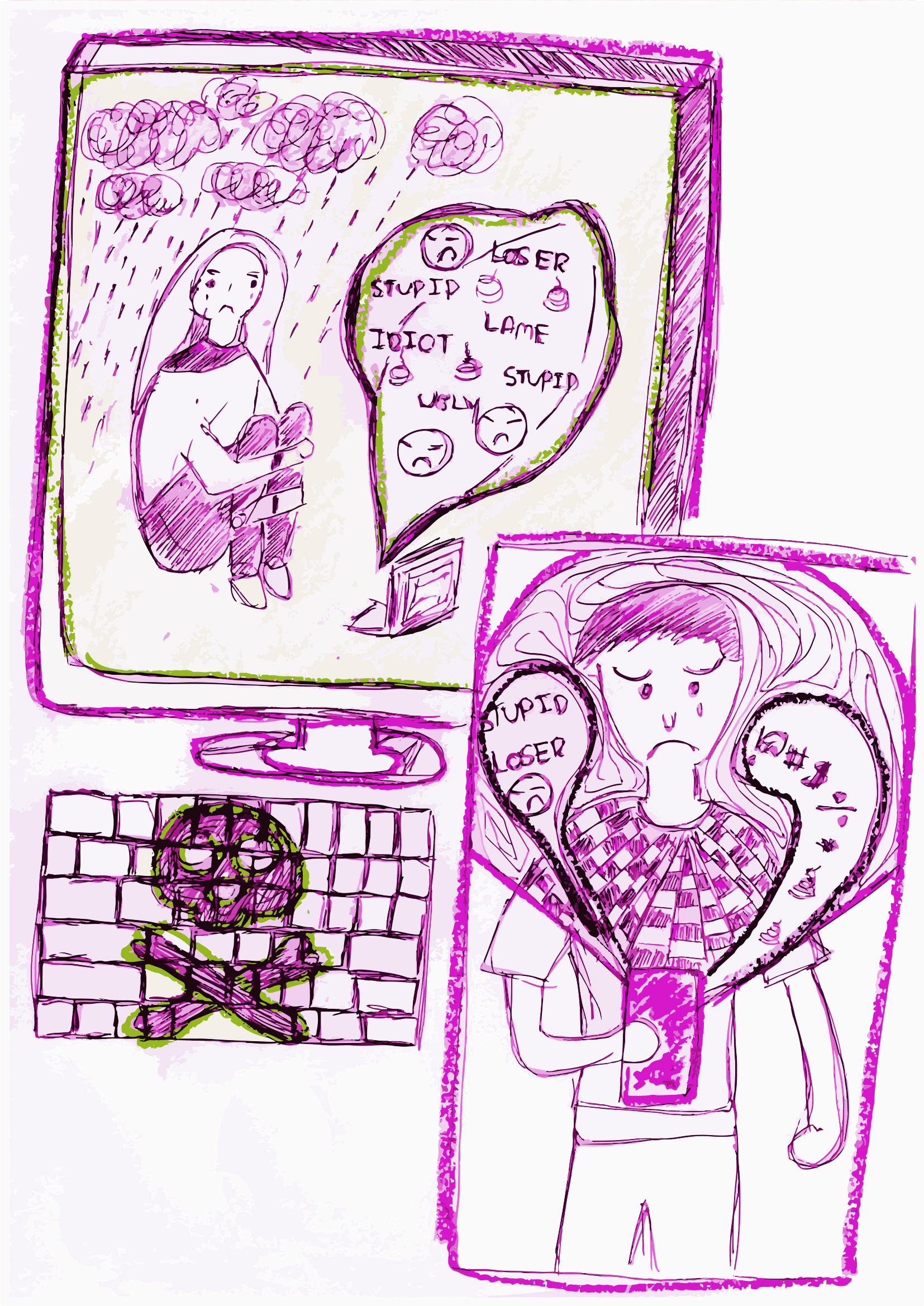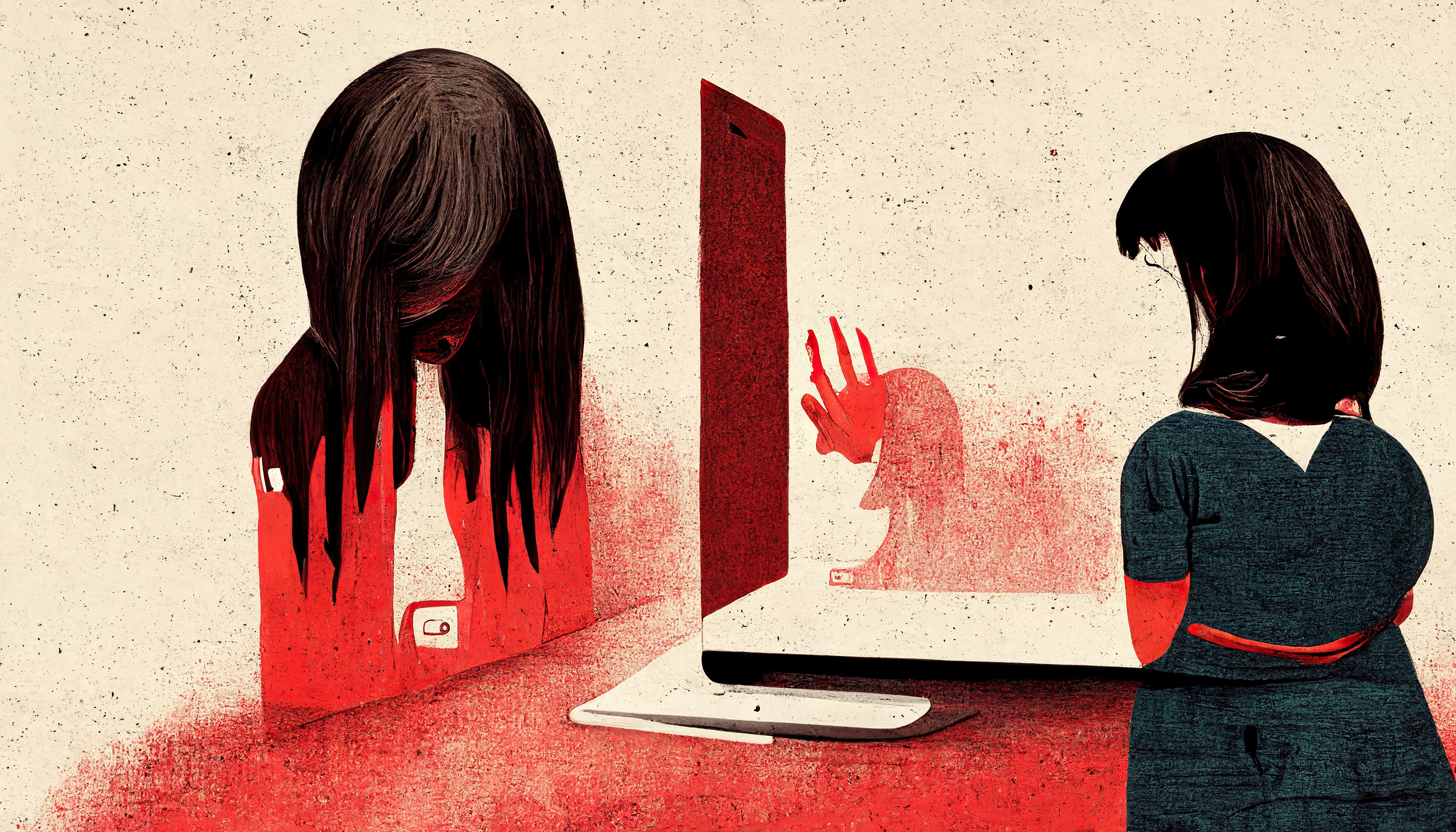online defamation
Online defamation can be simply defined as the wrongful and intentional publication of a defamatory statement through an electronic medium. It is also governed by the same legal principles as traditional defamation. That said, jurisdiction and publication distinguishes online defamation from defamation committed on non digital platforms. Furthermore the evidence produced is in electronic format.
It is also true that the culprits of online defamation more often than not, hide behind pseudonyms. Websites, YouTube, Twitter are all platforms used by individuals to post hateful and defamatory statements, while staying anonymous.
• Legal jurisdiction
• Electronic evidence
• Unknown culprits (should it be the case)
GP Bouwer attorneys are legal experts in the field of information technology law pertaining to the trifecta of unique legal obstacles found in online defamation.


cyberbullying
The United Nations Children's Fund (UNICEF) defines cyberbullying as follows:
• spreading lies about or posting embarrassing photos or videos of someone on social media
• sending hurtful, abusive or threatening messages, images or videos via messaging platforms
• impersonating someone and sending mean messages to others on their behalf or through fake accounts.
Face-to-face bullying and cyberbullying can often happen alongside each other. But cyberbullying leaves a digital footprint – a record that can prove useful and provide evidence to help stop the abuse."
GP Bouwer attorneys follows a holistic legal approach whereby a team of professionals deals with cyberbullying as a whole. We work closely with a clinical psychologist and all relevant role players to find the best possible legal solutions . After thoughtful engagement the best solutions are sought through engagement, mediation and where necessary litigation.
cyberstalking
Cyberstalking is the most extreme form of online abuse. It can be described as a collective onslaught on the reputation, wellbeing and security of a person or organisation, through the utilisation of false online accusations, online defamation, slander and libel. Online monitoring, identity theft, threats, vandalism, solicitation for sex, doxing, and blackmail are all tools of the trade used by cyberstalkers.
Cyberstalking in most instances is a crime. Cyber forensic investigation is important to gather and effectively litigate cyberstalking in both civil and criminal courts.
• Cyberlaw
• Cyber forensics
• Forensic Investigation
GP Bouwer attorneys are experts in the field of cyber forensics law and forensics investigation. Our litigation is based on a multidisciplinary approach and we offer the best services to combat complex cyberstalking cases.
